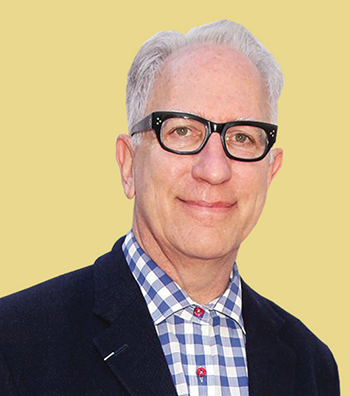The Secret of Happy Children w/ Bestselling Educator & Author STEVE BIDDULPH
/Parent Educator & Bestselling Author of The Secret of Happy Children
Raising Boys, The New Manhood, and 10 Things Girls Need Most
We drastically misuse our mind and have neglected a very important part of the way our mind works in the modern world. I think preindustrial people and our ancestors used this very well. And that is that we have a whole right hemisphere of our brain which doesn't think in words, which takes in the holistic picture of everything around us. Anyone who is listening to this podcast will be aware that sometimes you have got feelings about things. They are signals that are sent from the right hemisphere of the brain, picking up things that we can't consciously interpret or read. It goes through our amygdala, which is our alarm system, and straight down the vagus nerve, and we feel it down in the middle of our body. What the books argue, if you want to be able to parent effectively, and live your life effectively, is to stay in touch with that. Include those signals as part of your mental checking out. Expand your awareness because you can read that every few seconds all the time. And your life will be very different. There are feelings below your feelings. They are not always right, but they're always worth listening to.





















